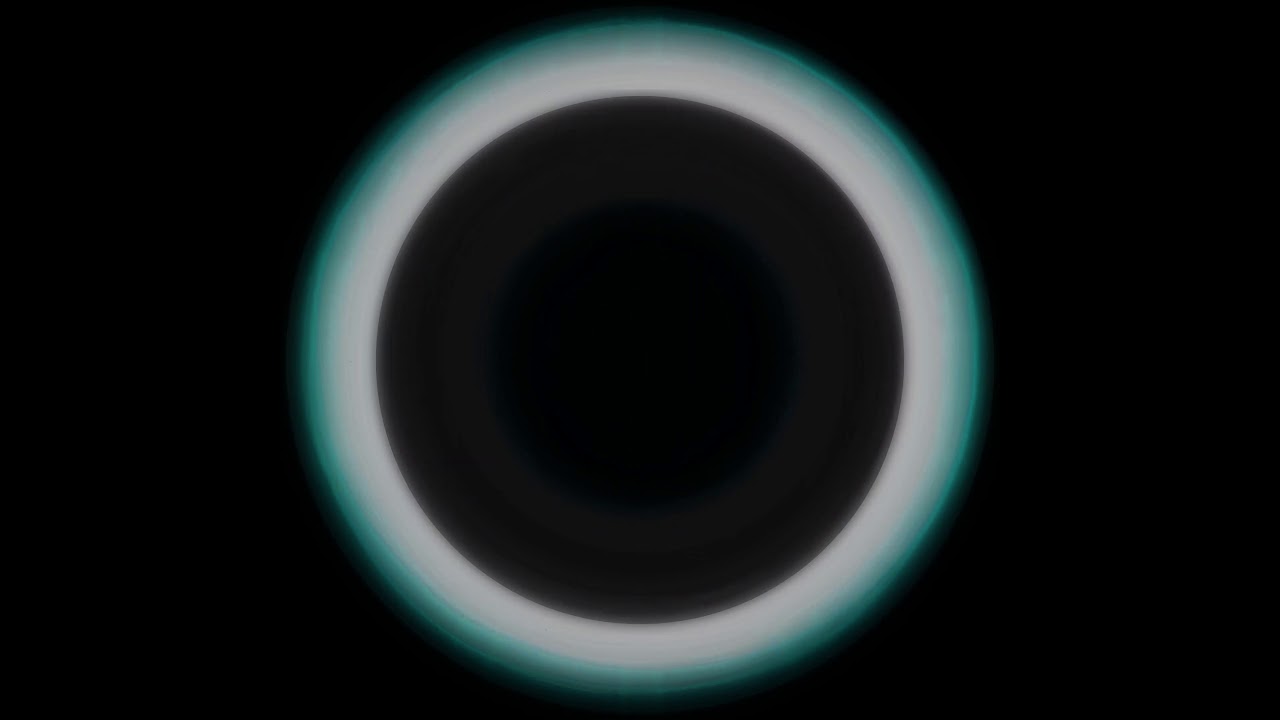Experiencing a Berghain set is more than an exotic commodity for heads throughout Europe, a rarity to be absorbed by the well-dressed and well-in. It’s also one of the principal gauntlets where tracks, DJs, and artists have their mettle tested and their abilities dissected. Nicolas Bougaïeff emanates an understanding of the Prozess, seeing dancefloors in their whole remarkable complexity. Everything from rhythm to timbre to mood on his debut album is riven with nuance, tension and studious attention to detail.
In lay genre terms these nine tracks veer between the harsher ends of trance, house, d’n’b and techno, restlessly shifting and loath to recur; individual hooks swim into view, circle in the eddying currents of click-thumping percussion and scooped, menacing bass, and drift out of sight once again. The effect is heady and spellbinding.
Layers fight for rhythmic dominance, pushing each other in and out of focus in the most surprising ways. Opener ‘Embrace Hope All Ye Who Enter Here’ flows between odd and even meters through a fog of harsh buzz, while ‘Flying High’ performs the same switches on a dime before launching upwards to a huge trance finish (naturally). More than simply throwing textures on top of textures and transitioning underneath the resultant melange, Bougaïeff’s approach to groove construction feels like the complex interactions of power dynamics, with tempi and time signatures achieving dominance before being swept off by the Next Big Thing. The surge towards the first big break of the record in lead single ‘Thalassaphobia’ starts off as a red herring, before diving straight into old-school hard techno and uneasy trance in equal measure, resistant to settling into a beat for more than a few bars. It’s a complexity that brings to mind Shpongle’s album-length psytrance, or Autechre’s insistent skittering, condensed into a single track and coated in brushed aluminium: Berlin-ready to a fault.
However, Bougaïeff isn’t limited to mere scholarly experimentation, and on cuts like the industrial-deep house stomper ‘Nexus’ his eye for melody is evident – although here, too, the aesthetic is super-minimal, drawing the listener into each finely-tuned instrument with plenty of space in the mix. Although the record has a dark palette it’s still very much upbeat, with tracks rarely dipping below 100bpm and gratifying releases abounding, though not always where you’d expect them. This makes its title a satisfying fit, drawing as it does on the industrial-club intersection that Downward Spiral creator Trent Reznor was instrumental in popularising.
Bougaïeff’s record is toying with the same aesthetics as Nine Inch Nails, but with the dancefloor’s (and hindsight’s perspective) rather than a powerlifting miseryguts’ – and the result carries much more positivity, lifting us up and through the darkness and into the (strobe) light. Penultimate track ‘Inward Megalith’’s worming between abrasion and pounding groove captures this perfectly, with its eventual resolution acting as a superb apex. This album is ideal for anyone who likes moving their body and counting at the same time.



